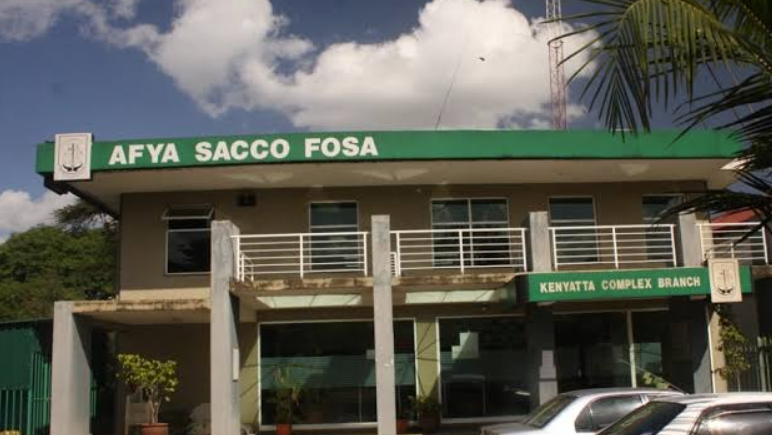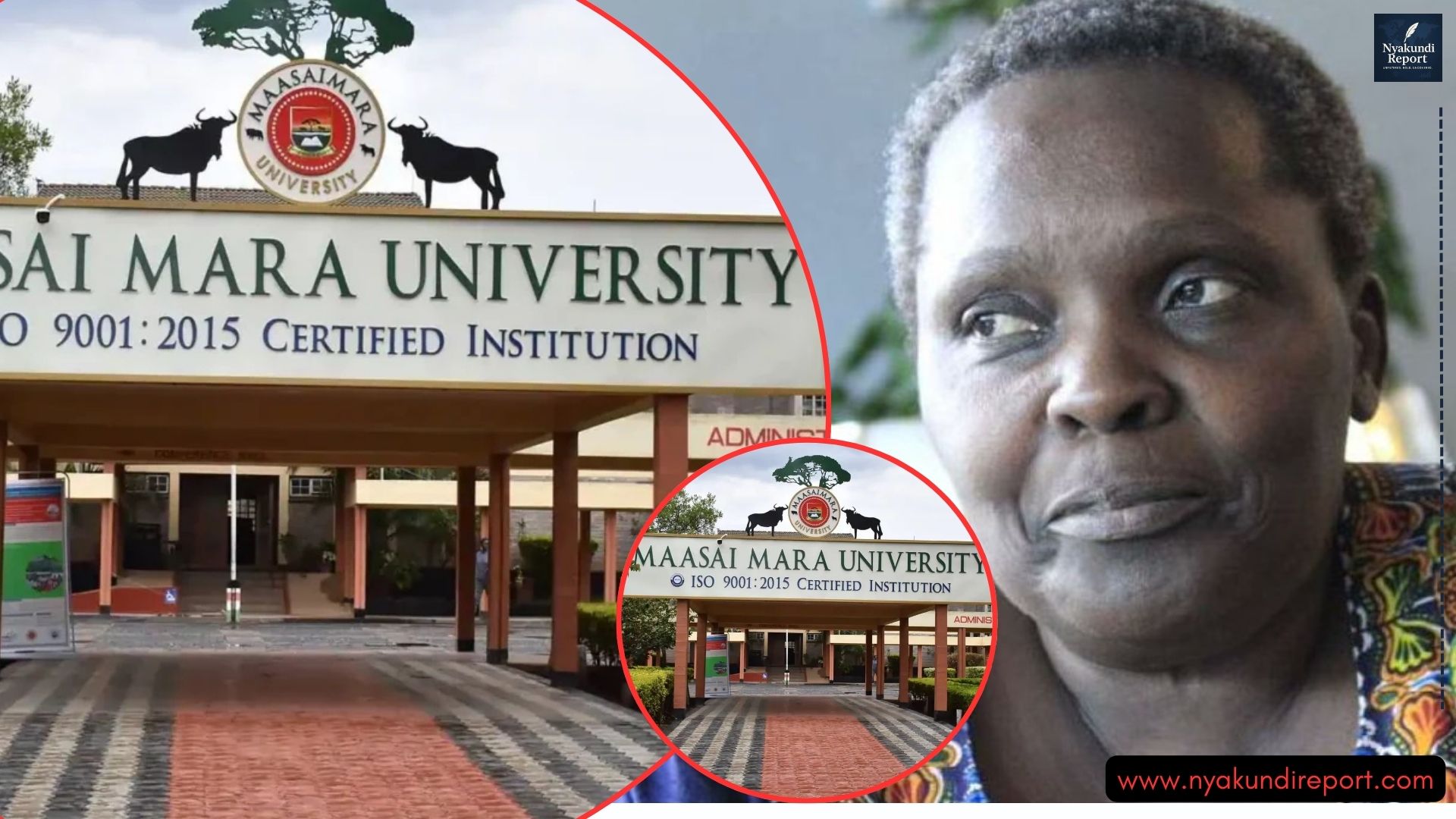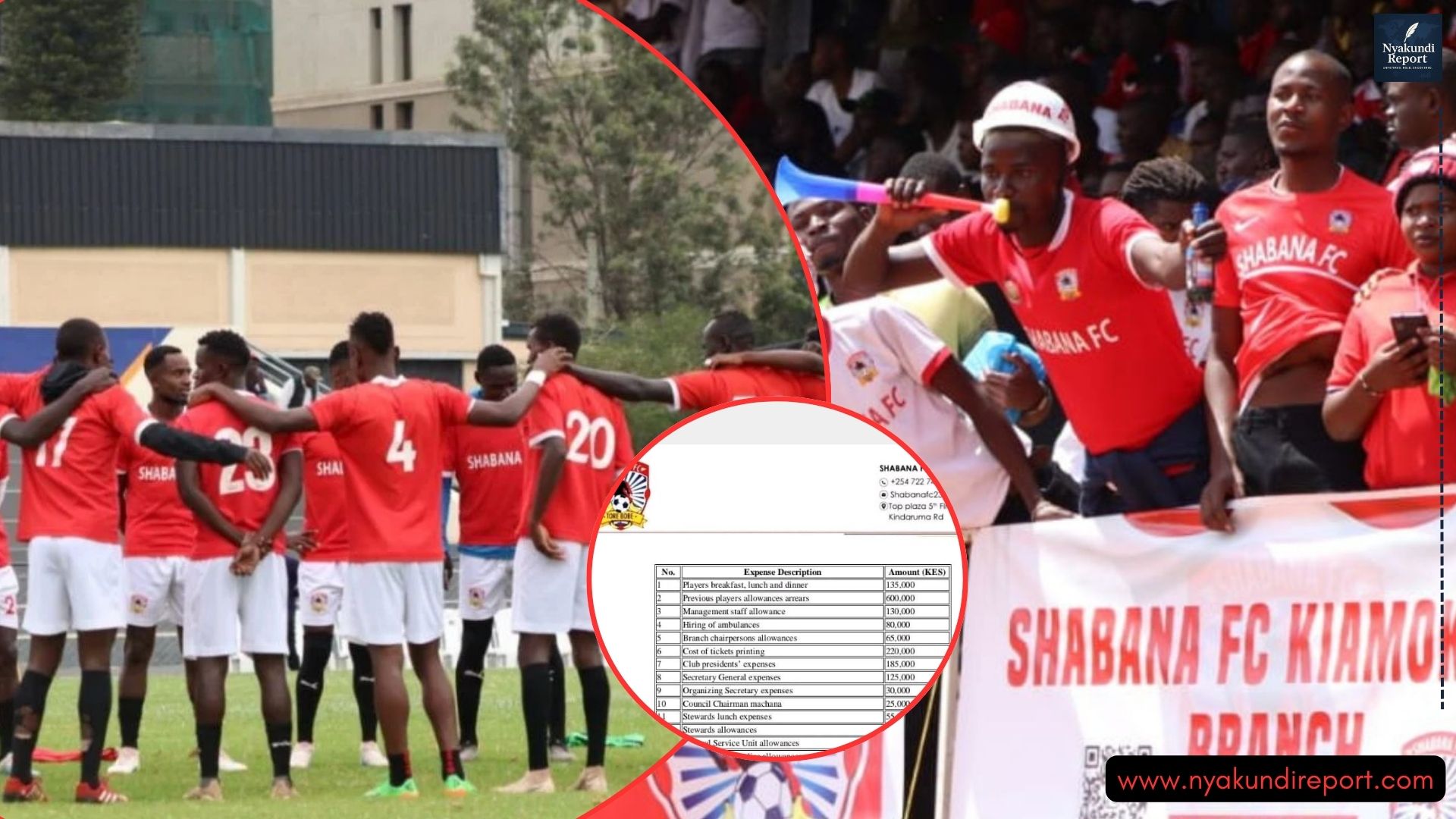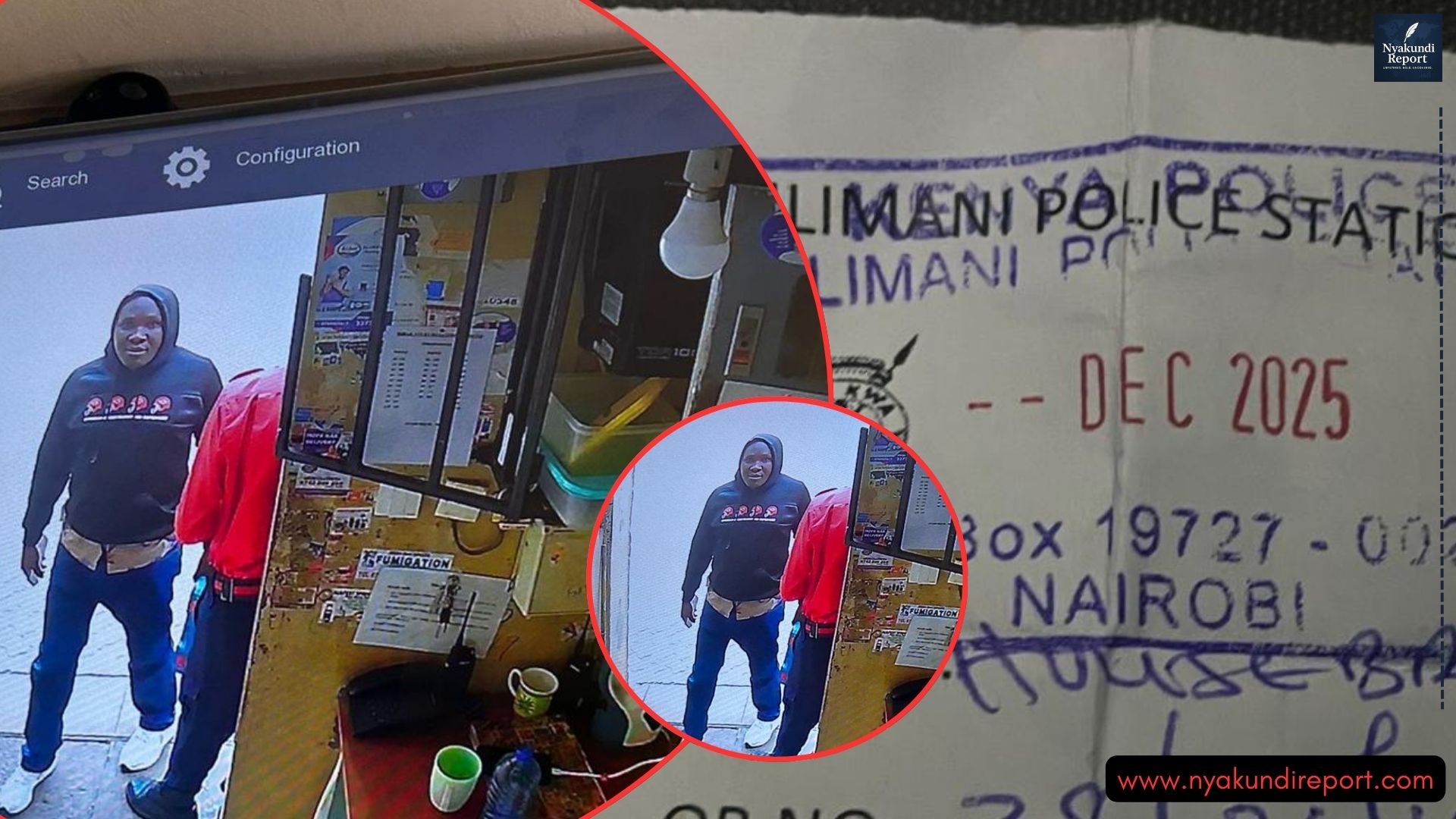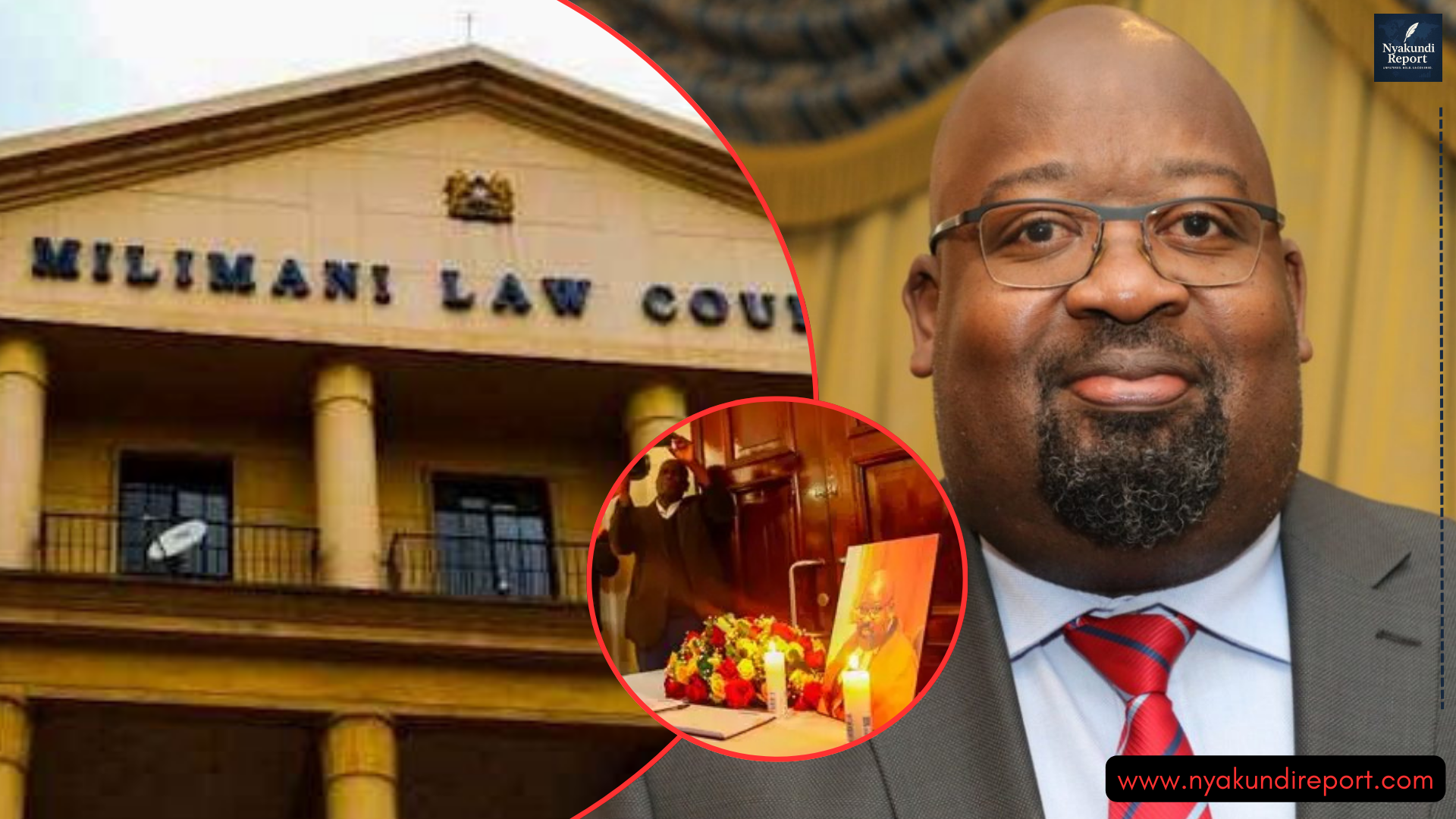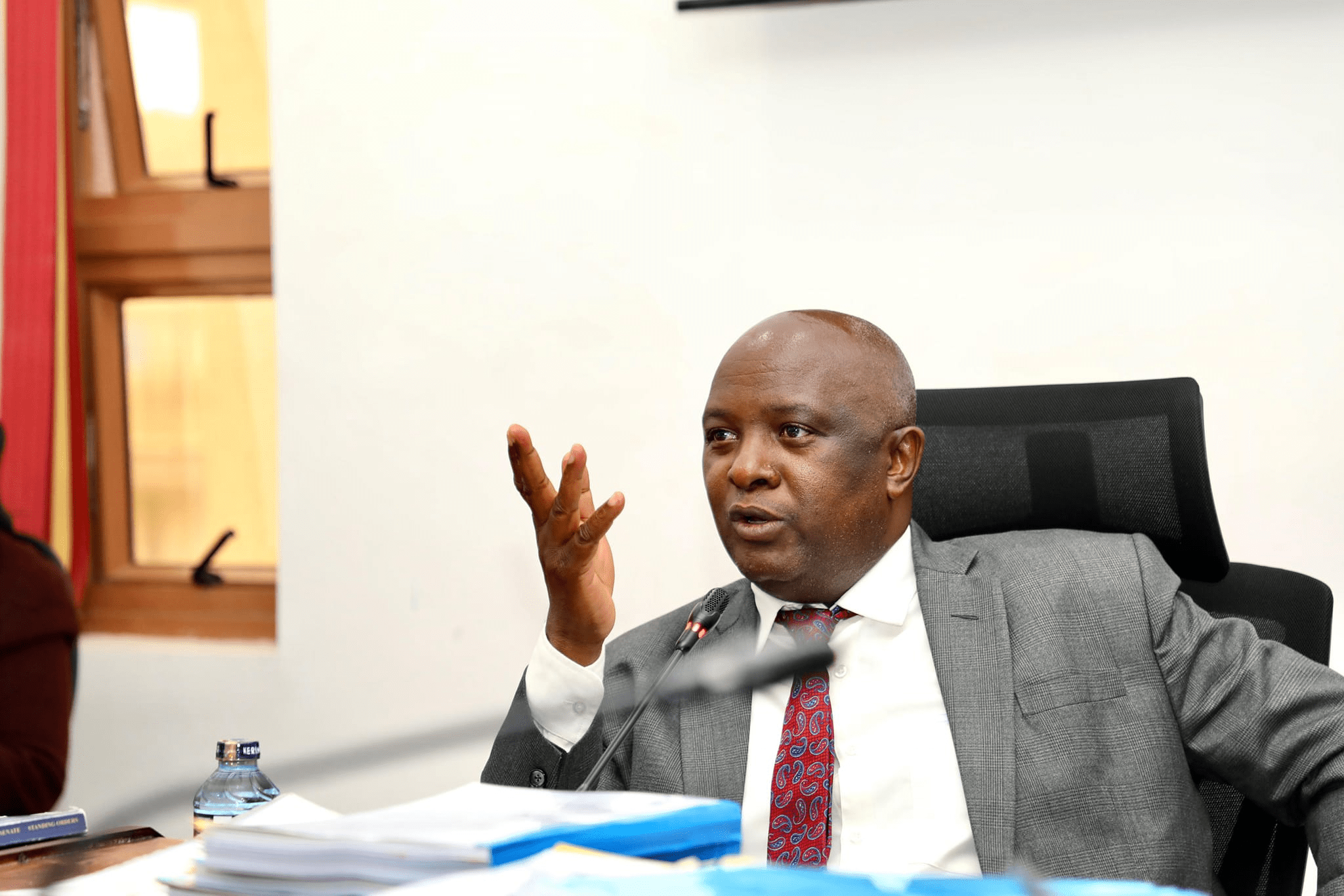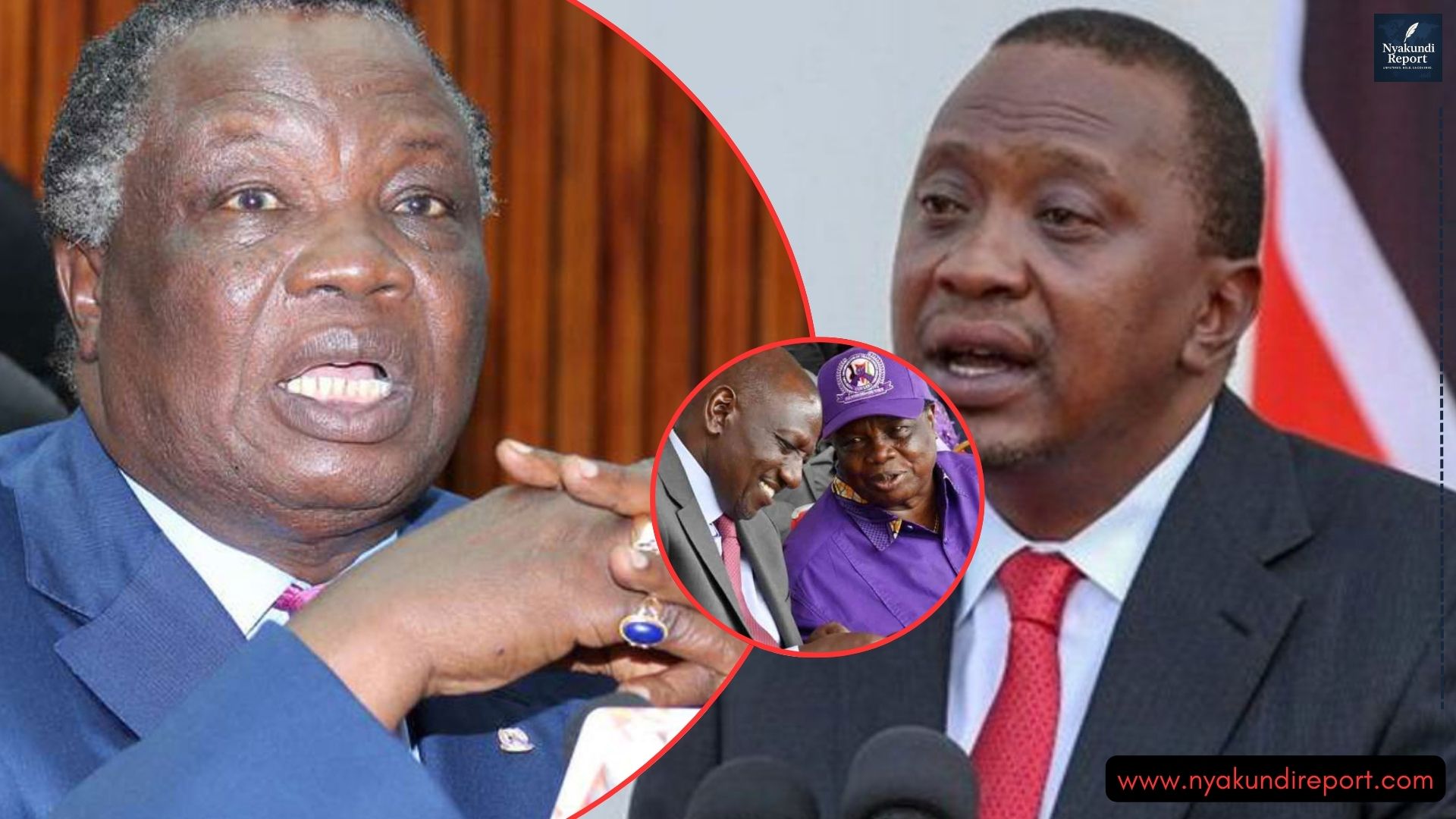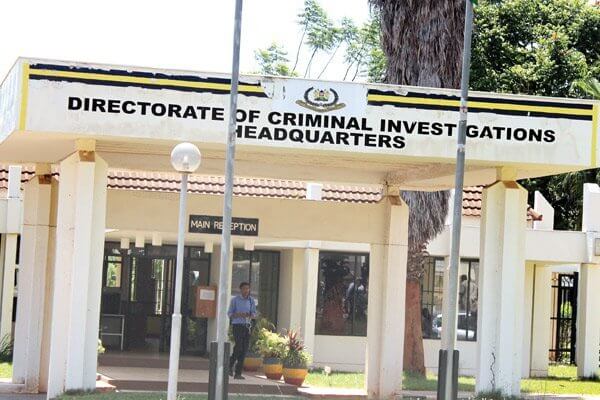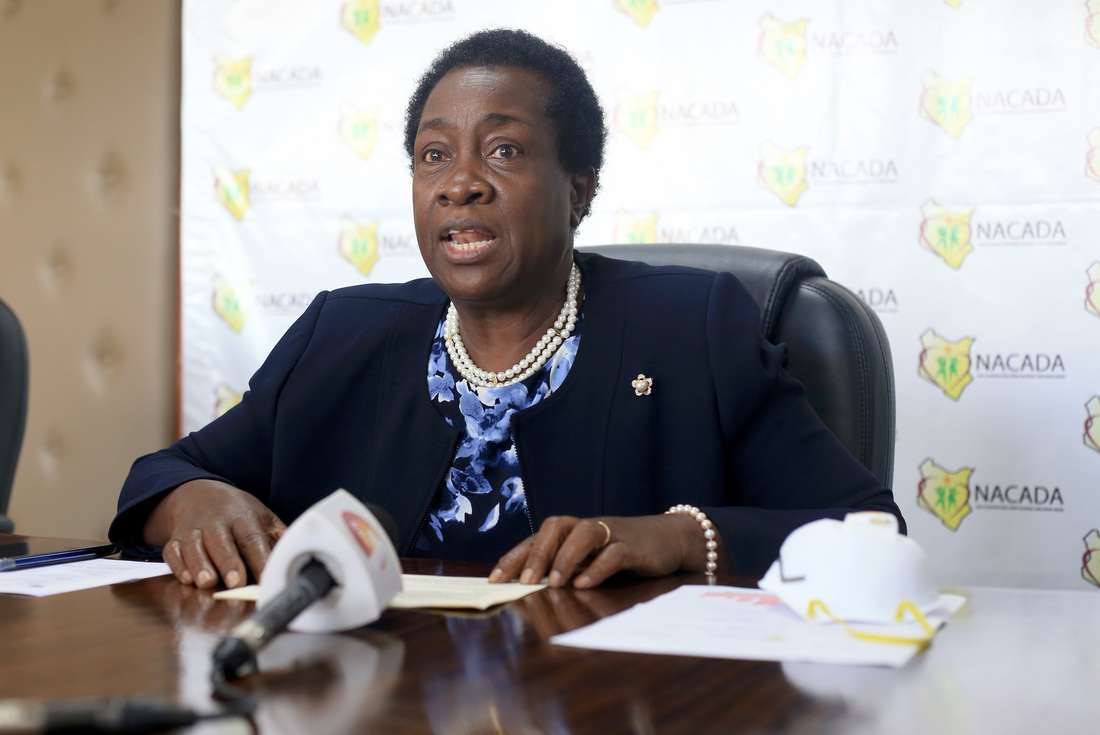Kenya woke up on Monday to a disturbing digital assault that exposed the fragility of the government’s online infrastructure. Several govt websites hacked in a coordinated attack left citizens unable to access essential public services. The timing has raised deeper political questions.
The attack came only days after President William Ruto signed the controversial 2024 CyberCrime Amendment Bill into law. Critics believe the hackings could provide the perfect excuse for the State to enforce strict cybercrime controls.
The High Court has already suspended key sections of the new Act, saying it may violate constitutional freedoms.
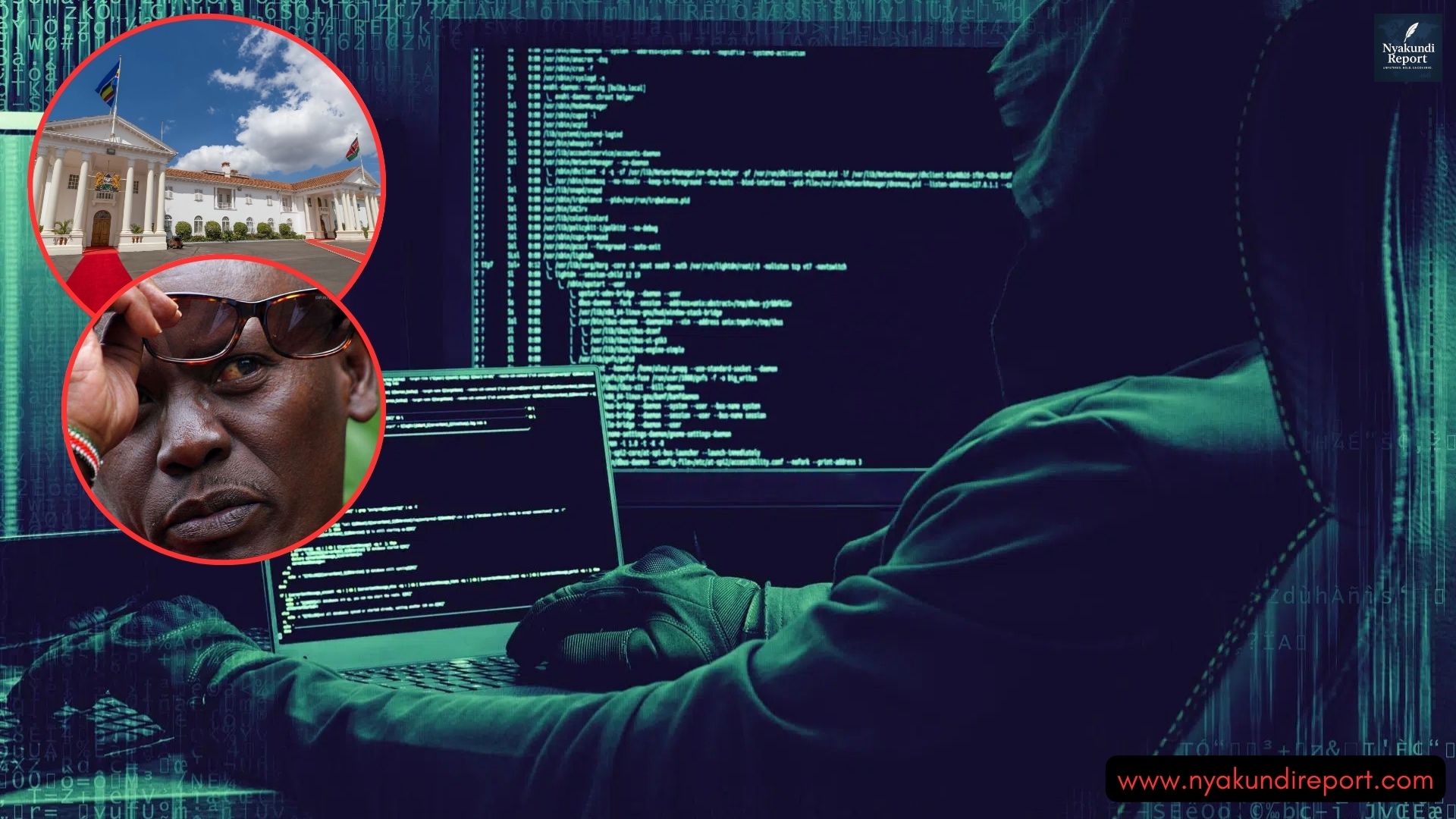
Govt Websites Hacked Raises Questions on Security and Political Motives
The cyberattack struck early Monday morning. Users trying to access multiple government portals found defaced landing pages carrying disturbing messages. Attackers posted extremist phrases including Access denied by PCP, We will rise again, White power worldwide, and 14:88 Heil Hitler. The defacement shocked many Kenyans, not only because of the hateful content but also because it exposed deep system weaknesses.
The attack shut down access to crucial online services. Citizens could not process personal documents, check public notices, or reach important departments. The state had no response hours into the incident, adding to confusion and fear.
Govt Websites Hacked and Services Affected
A wide range of ministries, agencies, and county systems went offline.
Here is a summary of affected and unaffected services.
Affected Websites and Portals
| Category | Websites affected |
|---|---|
| Security | Directorate of Criminal Investigations |
| Executive | State House website |
| Finance and development | Directorate of Public-Private Partnerships |
| Citizen services | Immigration Department, Government Press, Hustler Fund |
| County systems | Nairobi County online services |
Nairobi County suffered total disruption, leaving residents stranded. The attack also hit the Government Press, delaying publication of critical notices and updates.
Unaffected Websites and Portals
| Category | Websites running normally |
|---|---|
| Transport | NTSA |
| Judiciary | Judiciary of Kenya |
| Exams and education | KNEC |
| Security | National Police Service |
| Citizen services | eCitizen platform |
Interestingly, the Defence and Treasury ministries were spared, according to field checks.
Govt Websites Hacked and Deafening Silence from the State
By the time of publishing, the government had issued no statement. Officials from affected agencies also kept silent. No hacking group claimed responsibility, leaving Kenyans wondering whether the attack was foreign, local, or state-linked.
The silence has only fuelled speculation. Many Kenyans asked whether the government is withholding information to avoid exposing deeper vulnerabilities. Others argued the attack could be convenient for the political narrative around the new cybercrime law.
The Shadow of the Cybercrime Amendment Bill
The cyberattack arrived at a politically sensitive moment. President Ruto had recently approved the Computer Misuse Cybercrimes Amendment Act 2024, which introduced new powers to monitor, restrict, and penalize digital activity.
However, the High Court suspended key sections of the law after activists filed a constitutional petition. They argued that several clauses threaten privacy, free speech, and media freedoms.
With the law temporarily stalled, the sudden attack on government websites has raised tough questions.
Was the attack a convenient crisis to justify strict cyber regulations
Several analysts see a pattern. Whenever a major digital law faces public resistance, a well-timed cyber incident seems to follow.
Some critics believe the government may use the Monday attack to argue that Kenya faces an urgent security threat requiring tighter control over online spaces. With the govt websites hacked, the State now has a strong narrative to push for quick enforcement of the suspended sections.
Bullet points summarizing public concerns
- The attack provides political justification for stronger surveillance.
- The timing appears too convenient for a government facing legal setbacks.
- Past attacks have been used to support national security narratives.
- The silence from officials fuels suspicion.
A Look Back at the 2023 Attacks
This is not the first time Kenya has faced large-scale digital sabotage. In 2023, a Sudanese hacker group called Sudan Anonymous claimed responsibility for bringing down multiple government platforms. The group accused Kenya of interference in Sudan’s internal affairs. However, they never provided evidence to support their claims.
The 2025 attack is different. The messages left behind point to extremist groups rather than political activists. So far, no cyber group, no extremist cell, and no hacktivists have stepped forward.
What Govt Websites Being Hacked Means for Kenya’s Digital Future
Kenya’s digital systems sit at the centre of public service delivery. When these systems fall, daily life stalls. Monday’s attack exposed how fragile the national cyber infrastructure has become.
Key concerns raised by experts include:
- Weak system monitoring
- Slow incident response
- Poor coordination between ministries
- Outdated cyber defence frameworks
- Lack of transparency after attacks
The country now faces two parallel battles. One is technical. Kenya must upgrade its digital defences and respond faster to cyber threats. The second is political. The government must prove it is not using fear to justify controversial laws.
If Kenya fails to address both issues, future attacks will not just shut down websites. They will damage trust, weaken institutions, and disrupt national stability.

